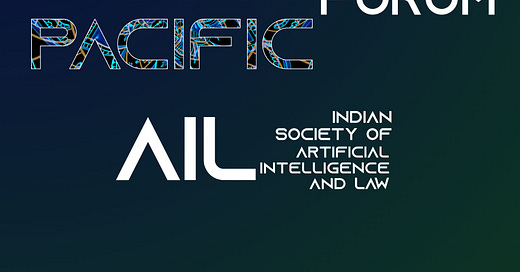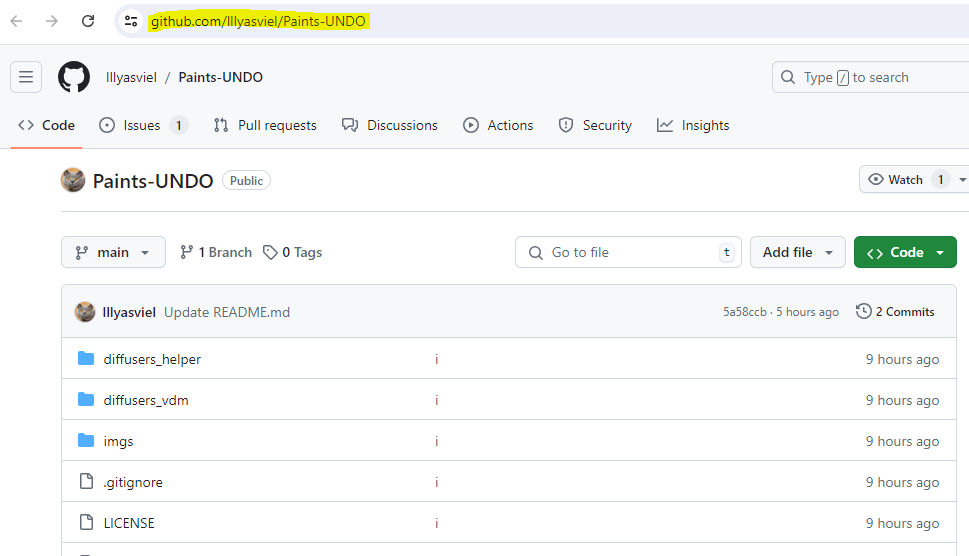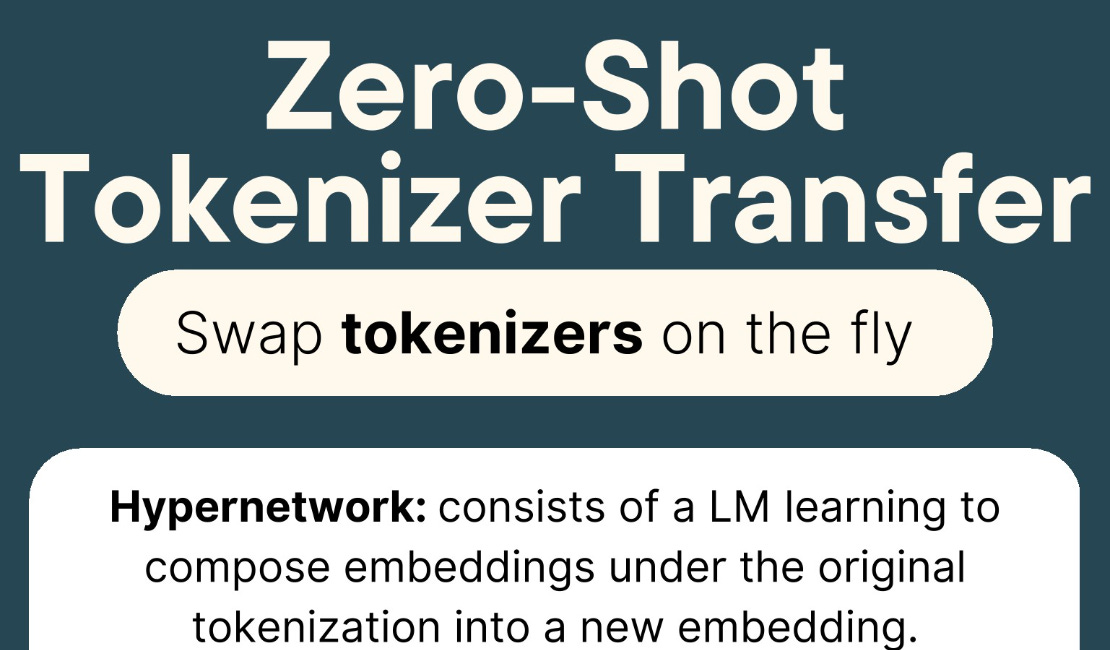In a landmark decision, the Indian Supreme Court recently addressed the issue of overturning arbitration awards in the case of Delhi Metro Rail Corporation v. Delhi Airport Metro Express Pvt. Ltd. This decision sheds light on the complexities and legal intricacies involved in challenging arbitration awards within the Indian legal framework.
The case delved into the circumstances under which an arbitration award can be set aside, highlighting the balance between judicial intervention and the finality of arbitral decisions. The Court's ruling emphasized the need for clear and compelling reasons to overturn an arbitration award, reinforcing the principle of minimal judicial interference in arbitration matters.
For those interested in the detailed legal analysis and implications of this decision, you can read the full article on Kluwer Arbitration Blog here.
Disclaimer: This newsletter post is based on the original article by the authors on the Kluwer Arbitration Blog and is shared for educational purposes. The content reflects the analysis and views of the original authors.
More Updates by ISAIL
Introducing Paints-UNDO: A Revolutionary AI Model for Digital Art
We are thrilled to share an exciting development in the field of AI and digital art posted by Ashutosh Srivastava (@ai_for_success) on X. Paints-UNDO is a groundbreaking AI model that simulates the creative process of digital artists by working backwards from a finished image to reveal the steps an artist might have taken to create it.
The Importance of Zero-Shot Tokenizer Transfer for AI Policy
A recent LinkedIn post by Marcel Marais, titled "Zero-Shot Tokenizer Transfer Overview", delves into a fascinating development in natural language processing (NLP) and AI technology: zero-shot tokenizer transfer. This concept is pivotal for advancing AI models' capabilities and has significant implications for AI policy makers.
[New Report] The Indic Approach to Artificial Intelligence Policy, IPLR-IG-006
Dear Reader, We are thrilled to present "The Indic Approach to Artificial Intelligence Policy," a seminal report that reimagines AI governance through the lens of Indian philosophical traditions. Authored by Abhivardhan, this report is a must-read for anyone interested in the intersection of AI, ethics, and cultural context. It introduces the Permeable In…
AI Patentability is Messy: Check out the AI and Intellectual Property Training Programme
In the times when using third party #artificialintelligence LLMs is becoming a fad, it is natural to ask some basic questions around what copyright or patent law frameworks may be applied, and in what way. I have addressed AI patentability issues in detail since the early 2020s in our insights at






![[New Report] The Indic Approach to Artificial Intelligence Policy, IPLR-IG-006](https://substackcdn.com/image/fetch/$s_!USOW!,w_1300,h_650,c_fill,f_auto,q_auto:good,fl_progressive:steep,g_auto/https%3A%2F%2Fsubstack-post-media.s3.amazonaws.com%2Fpublic%2Fimages%2Ff3e02e1f-2b9e-400c-95e7-11d28b27bc90_1949x1382.png)
